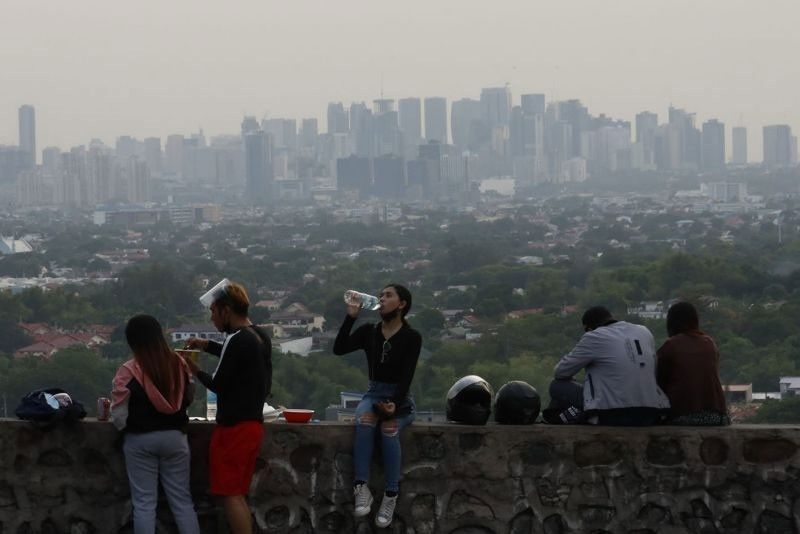Philippines loses P2.2 trillion to COVID-19

MANILA, Philippines — The pandemic wiped out $43 billion (P2.2 trillion) in Philippine economic output last year, with the impact of the health crisis expected to be felt until the medium term, according to Tokyo-based think tank Japan Center for Economic Research (JCER).
In a report, JCER said the 15 major economies in Asia lost $1.7 trillion or roughly 5.7 percent of gross domestic product (GDP) last year due to COVID.
The Philippines ranked eighth, with economic losses pegged at $43 billion or over P2 trillion.
China, where the virus originated, suffered the largest loss at $638 billion followed by India at $480 billion. Japan came in third with $162 billion in losses.
In Southeast Asia, JCER said Indonesia recorded the biggest economic loss at $154 billion followed by Thailand with $71 billion.
The other major Asian economies with significant losses are South Korea ($47 billion), Malaysia ($44 billion), Singapore ($42 billion), Hong Kong ($28 billion), Vietnam ($15 billion), Cambodia ($4 billion) and Laos ($2 billion).
Of the 15 countries, only Taiwan and Myanmar managed to post growth last year at $44 billion and $2 billion, respectively.
The think tank said countries experiencing high growth rates before the pandemic, such as India and the ASEAN 5 – Indonesia, Malaysia, the Philippines, Singapore and Thailand – were impacted the most.
Economic decline was also especially severe in the services sector including food and tourism industries.
Economists Daisuke Maruyama and Tetsuaki Takano said that losses are particularly high in the service industries with human contact, which can lead to the spread of infection.
“The impact of the pandemic on the economy is mainly concentrated in the face-to-face service sector. The tourism industry, comprising accommodation and catering, has been particularly hard hit,” they said.
In the region, many countries, including the Philippines, depend on tourism for economic growth. Unfortunately, JCER said a slow recovery in tourism could stall the recovery of the overall economy.
Maruyama and Takano said countries that rely heavily on tourism acquire foreign currency through casinos, but the pandemic has made it difficult to attract foreign tourists, forcing them to close their businesses.
They said the resumption of travel traffic is necessary for the recovery of tourism revenue.
Tourism in Asia has yet to fully take off following the recent surge in COVID cases due to the Delta variant. As an effect, the delay in resuming economic activities has led to bankruptcies and business downsizing in airlines, hotels and other sub-sectors.
JCER warned that once the infection is under control and the flow of people recovers, demand is expected to recover to some extent, but the impact may remain in the medium term.
“If teleworking takes root, the demand structure will change, as spending on transportation will decrease, but communication costs will increase,” Maruyama and Takano said.
- Latest
- Trending





























